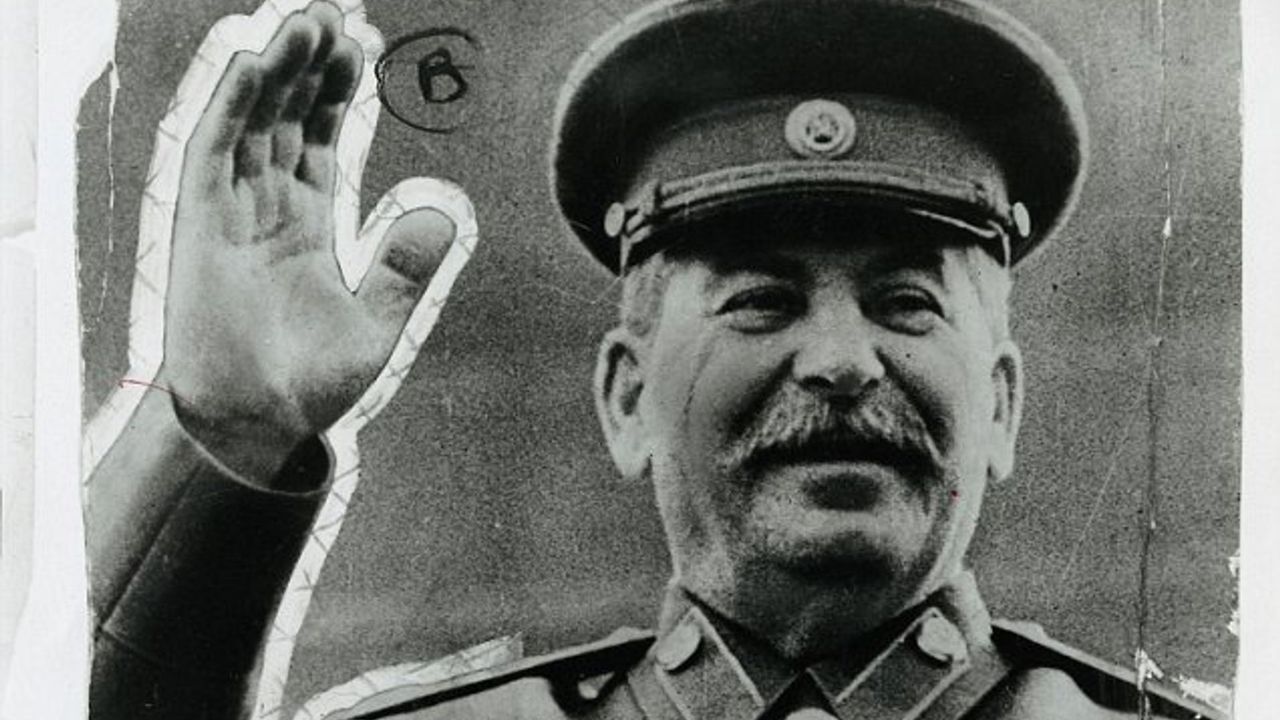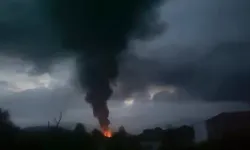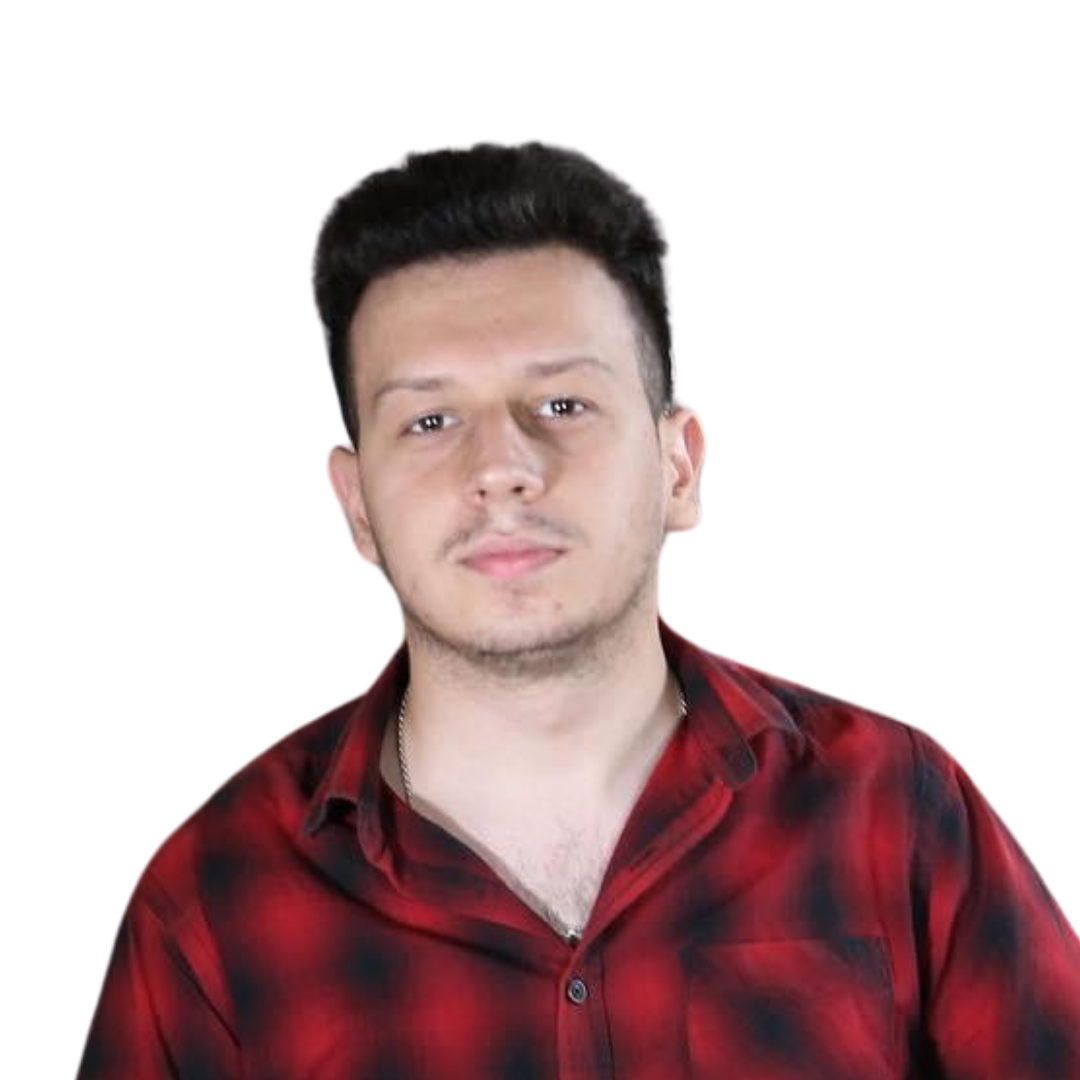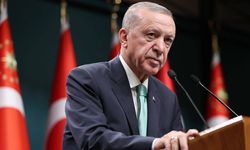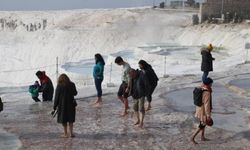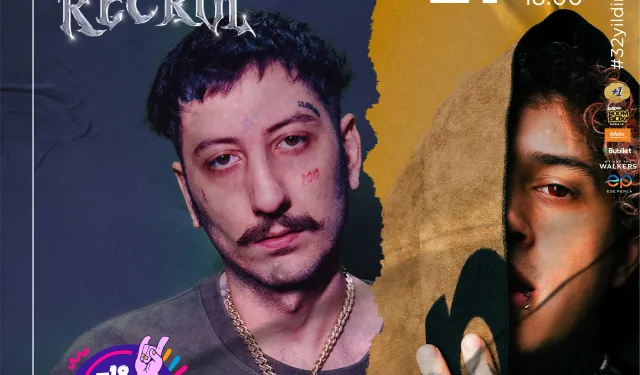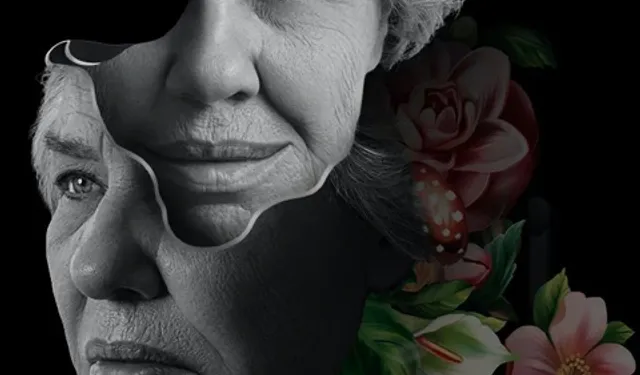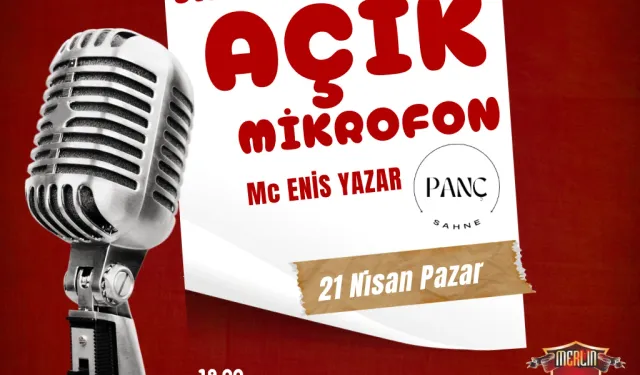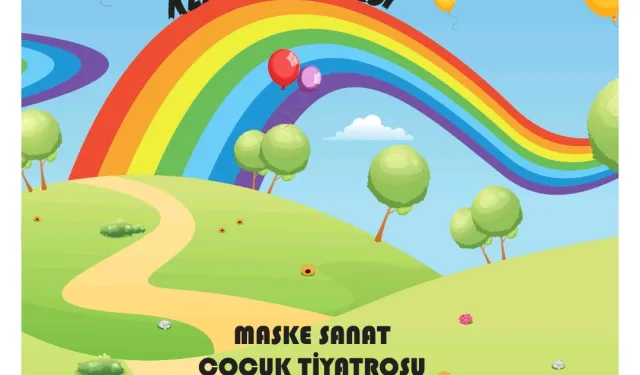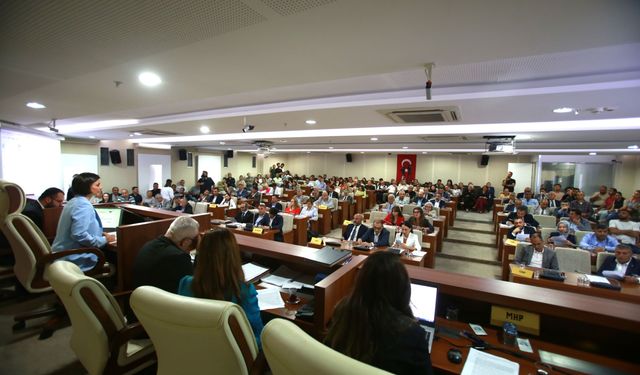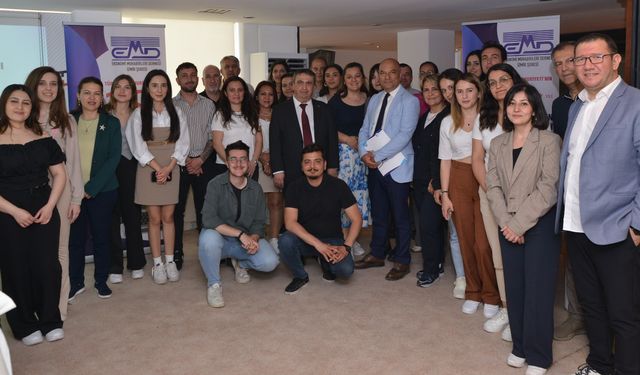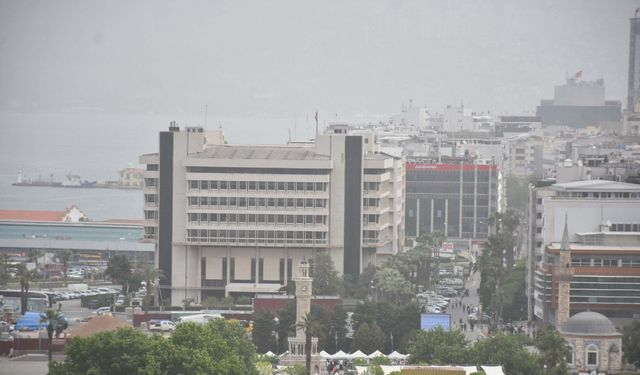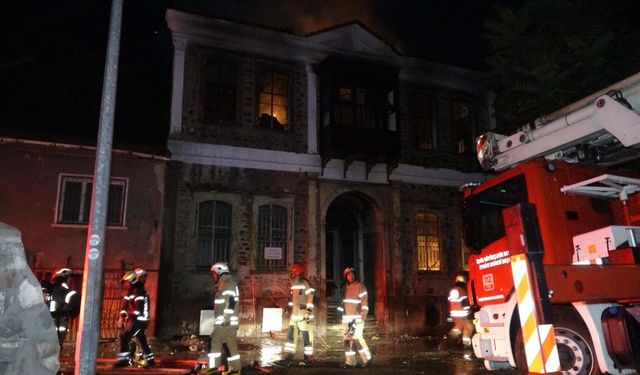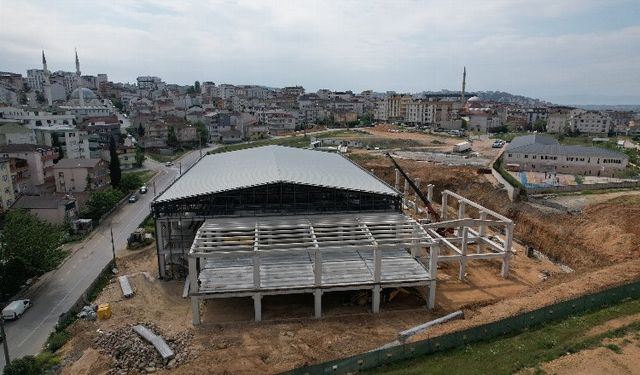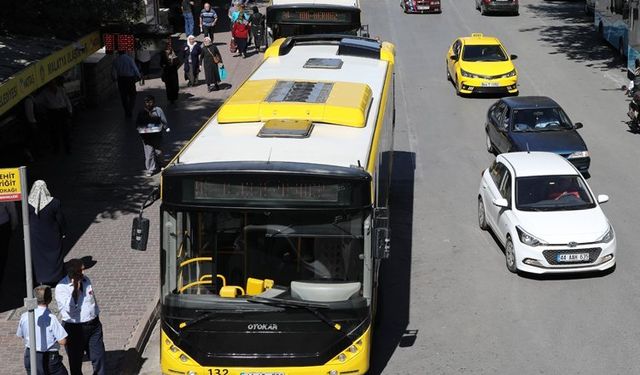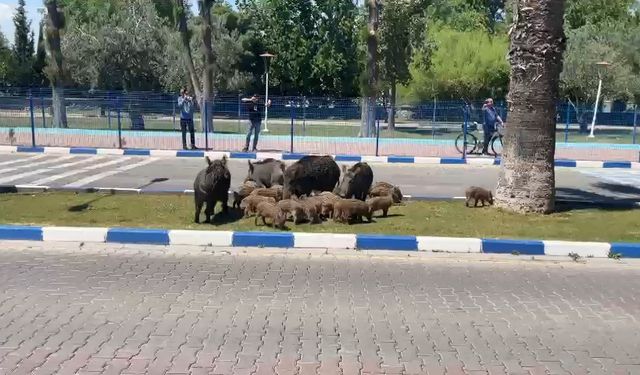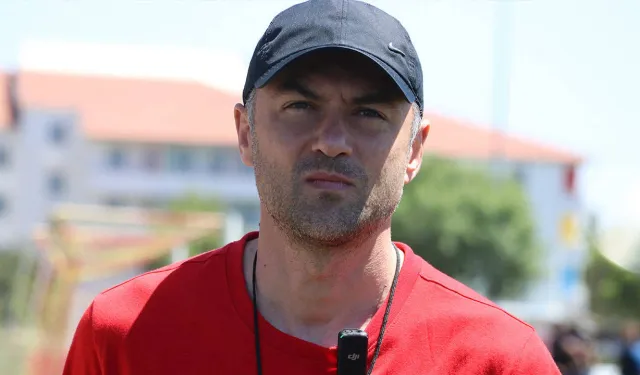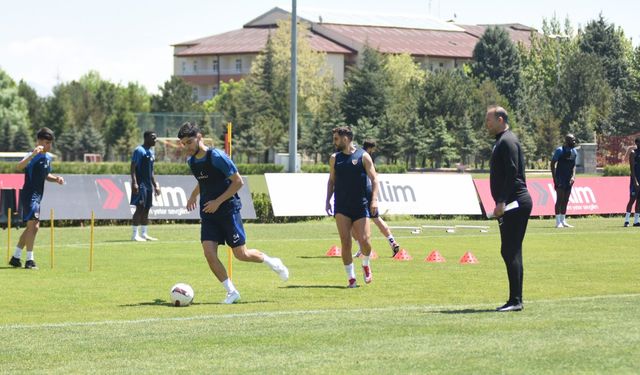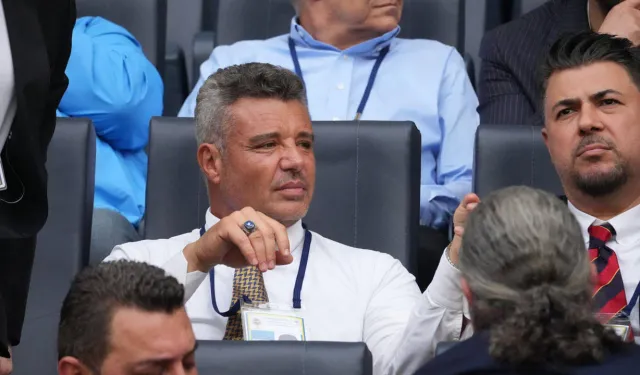Joseph Stalin, the name itself conjures a myriad of images, from a formidable Soviet leader to a symbol of tyranny. His reign, spanning almost three decades, left an indelible mark on world history. In this comprehensive article, we will delve deep into the life, actions, and consequences of Joseph Stalin, shedding light on the man behind the legend.
Joseph Stalin, born Iosif Vissarionovich Dzhugashvili in 1878, rose to become the de facto ruler of the Soviet Union from the mid-1920s until his death in 1953. His tenure was marked by both remarkable industrialization and widespread repression. To truly understand this enigmatic leader, we must explore various facets of his life and reign.
Joseph Stalin: The Early Years
Joseph Stalin's childhood in the town of Gori, Georgia, laid the foundation for his future as a revolutionary. His upbringing was modest, and his early years were marked by hardships, shaping his unwavering determination to bring about change.
The Road to Power
Stalin's ascent to power within the Bolshevik Party was a gradual but relentless climb. He played key roles in important events like the October Revolution and the Russian Civil War, earning him a reputation as a skilled strategist.
Stalin's Rule: Consolidation of Power
Upon Lenin's death in 1924, Stalin engaged in a power struggle with other prominent Bolsheviks. This period saw the rise of the infamous Five-Year Plans, aimed at rapidly industrializing the Soviet Union.
Joseph Stalin: The Great Purge
The Great Purge, initiated in the late 1930s, remains one of the darkest chapters in Stalin's rule. Thousands of individuals, including high-ranking officials, were executed or imprisoned in a ruthless campaign to eliminate perceived enemies of the state.
World War II and Stalin's Role
Stalin's leadership during World War II was instrumental in the defeat of Nazi Germany. The Battle of Stalingrad, named after him, was a turning point in the war and showcased his strategic brilliance.
The Cold War Era
The post-war period ushered in the Cold War, with Stalin's Soviet Union pitted against Western powers, primarily the United States. This geopolitical standoff had far-reaching consequences for global politics.
Legacy and Impact
Stalin's legacy is a complex tapestry of industrial achievements, authoritarian rule, and widespread suffering. His policies led to rapid industrialization but also resulted in immense human costs.
The Enigmatic Persona
Unraveling Joseph Stalin's personality is no easy feat. He remains an enigmatic figure, with debates among historians about his motivations, psyche, and the extent of his control over the Soviet state.
Controversies Surrounding Stalin
Stalin's rule was marked by controversies that continue to spark debate today. Topics such as the Holodomor famine in Ukraine and the Katyn Massacre are subjects of historical scrutiny.
Lesser-Known Facts
Beyond the headlines, there are lesser-known aspects of Stalin's life and rule. Did you know he was once a seminary student or that he had a passion for poetry?
Joseph Stalin in Pop Culture
Stalin's influence extends to popular culture, with his character appearing in various films, books, and documentaries. Explore how he is portrayed in these media.
Joseph Stalin's Demise
Stalin's death in 1953 marked the end of an era. His passing led to a power struggle within the Soviet leadership, eventually giving rise to a period of de-Stalinization.
FAQs
What were Stalin's main achievements?
Stalin's main achievements include rapid industrialization, leading the Soviet Union to victory in World War II, and establishing the country as a superpower.
How many people were affected by the Great Purge?
It's estimated that millions of people were affected by the Great Purge, with many facing imprisonment, execution, or exile.
Was Stalin's leadership during World War II pivotal?
Yes, Stalin's leadership played a crucial role in the defeat of Nazi Germany, making him a key figure in the war.
What is de-Stalinization?
De-Stalinization was a process that aimed to remove the influence of Stalin from Soviet society and politics after his death.
How is Stalin portrayed in modern Russia?
In modern Russia, opinions about Stalin remain divided. Some view him as a strong leader, while others condemn his repressive policies.
Did Stalin have any close allies during his rule?
Stalin had several close associates, including figures like Vyacheslav Molotov and Nikita Khrushchev, who played significant roles in his government.
